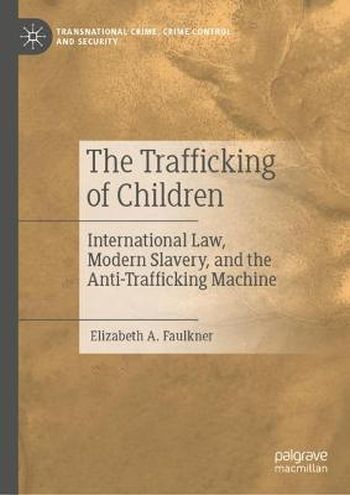
The phenomenon of child trafficking holds a unique position as an issue of significant contemporary relevance, occupying a principal place in debates about human rights today. The interchangeable terms trafficking and modern slavery evoke emotive responses and proclamations about abolition of contemporary ills, viewed as the ultimate aberration when a child is involved. The classification of children under legal frameworks marks them as different, as 'other', and in the context of laws implemented to address trafficking, slavery, and children on the move more generally, this distinction is complicated.